By John Dichtl, AASLH President and CEO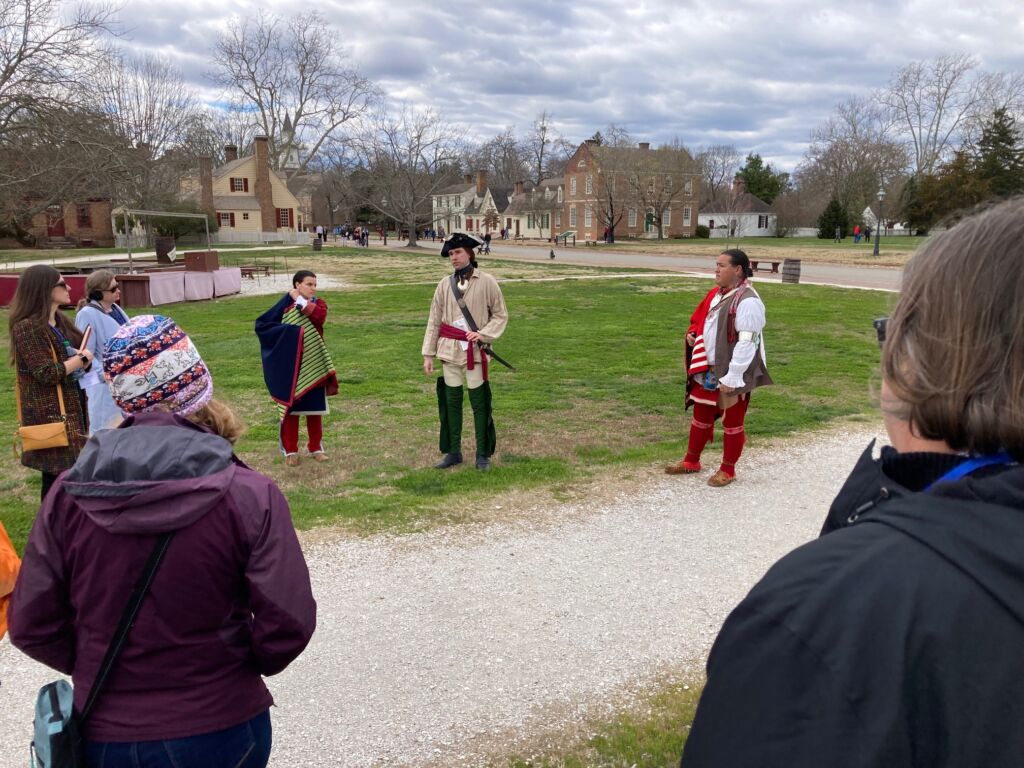
For the past several years the American Association for State and Local History (AASLH) has been saying that the Semiquincentennial is coming. Well, the 250th era is here. The first large-scale, national event of the nation’s 250th anniversary took place this month. Echoing Virginia’s formation of a Committee of Correspondence 250 years ago to unite the colonies in revolutionary action, the Virginia’s Semiquincentennial planning committee, the VA250 Commission, hosted a national summit March 10-12, 2023. “A Common Cause to All” at Colonial Williamsburg brought together more than 300 participants from 34 states and nearly every county in Virginia.
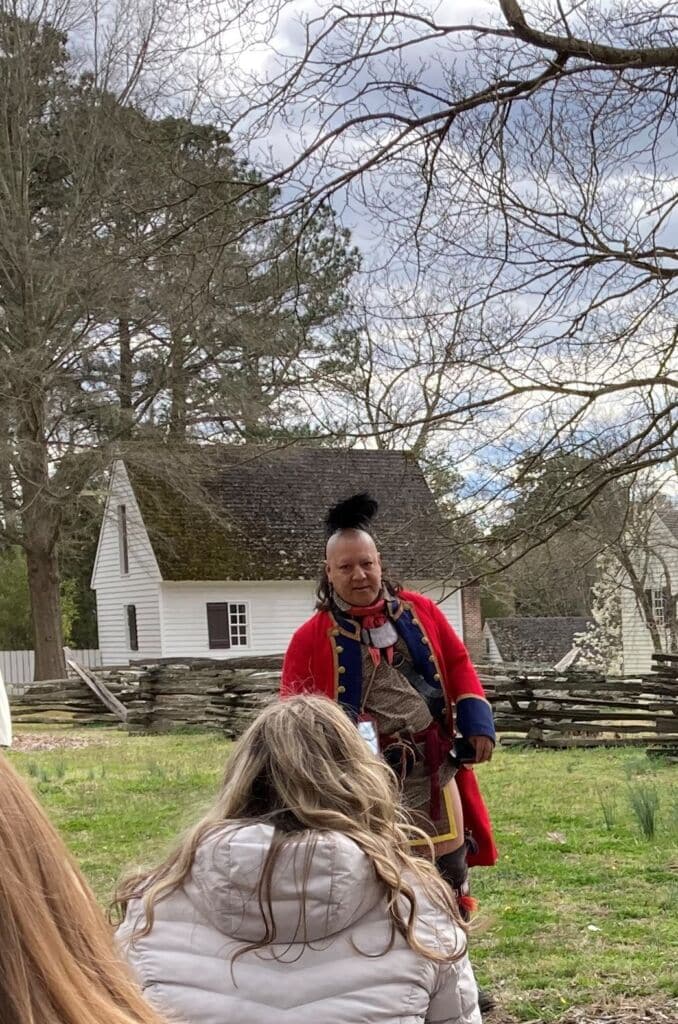 Part conference, part planning meeting, part inspiration, “A Common Cause”—being held at Colonial Williamsburg—also gave participants a taste of commemorating the Founding Era. There were speakers providing research and perspective. There were opportunities to share ideas and compare planning in the different states. There were also engaging historical figures on hand in first-person interpretive mode.
Part conference, part planning meeting, part inspiration, “A Common Cause”—being held at Colonial Williamsburg—also gave participants a taste of commemorating the Founding Era. There were speakers providing research and perspective. There were opportunities to share ideas and compare planning in the different states. There were also engaging historical figures on hand in first-person interpretive mode.
AASLH’s role at the event was to offer context and analysis, potential interpretive framing, and a fieldwide vision for the next three years leading to 2026. Madeleine Rosenberg, AASLH’s Pomeroy Foundation Semiquincentennial Manager, joined me in representing the organization. VA250 and co-host Virginia Museum of History and Culture had kindly reprinted the AASLH Making History at 250: The Field Guide for the Semiquincentennnial, so our job was to talk about the guide and its five historical themes and promote related AASLH projects. It was exciting to share the weekend with so many likeminded colleagues. And it was gratifying to see so much support for AASLH’s 250th vision of “using the 250th to help American society progress towards justice through an inclusive approach to history and to strengthen the history field by attracting interest and investment.” We were also there to draw attention to AASLH’s upcoming programming on the 250th, including our virtual summit “Commemoration Reconsidered: Ethics, Justice, and America’s 250th Anniversary” (register here).
The chair of the VA250 Commission along with Colonial Williamsburg CEO Cliff Fleet opened the summit on Friday evening. And then former GOP presidential candidate and chair of the Colonial Williamsburg Foundation Carly Fiorina topped the first night with these words:
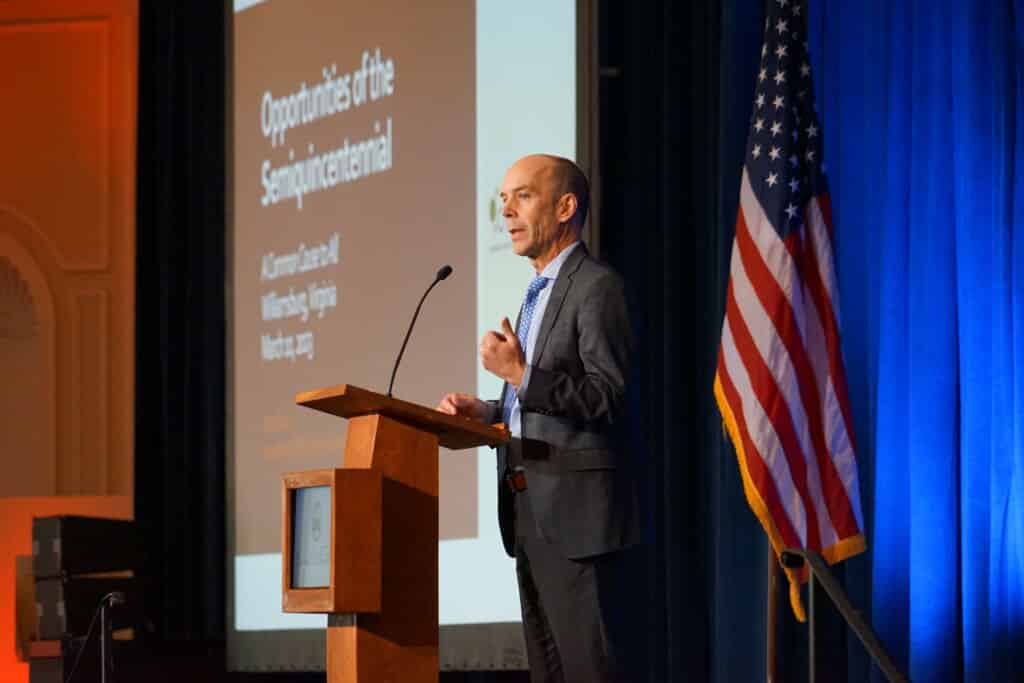 “We have always been, and will always be, a fractious, restless nation. We have also always come together at times of great consequence in order to move forward. As in 1773, we too can find a common cause greater than ourselves. We can choose to design and deliver commemorations of our history that deepen every citizens’ connection to our nation. Let us do this work so that when 2026 arrives, Americans in every corner of our nation can look into the mirror of our history and see ourselves and each other more clearly.”
“We have always been, and will always be, a fractious, restless nation. We have also always come together at times of great consequence in order to move forward. As in 1773, we too can find a common cause greater than ourselves. We can choose to design and deliver commemorations of our history that deepen every citizens’ connection to our nation. Let us do this work so that when 2026 arrives, Americans in every corner of our nation can look into the mirror of our history and see ourselves and each other more clearly.”
Saturday began with my presentation on the lay of the land in Semiquincentennial planning. I highlighted the 31 states that now have 250th commissions, detailed the historical themes in the AASLH Field Guide, and spoke about overcoming ideological divides. Our goals should be to promote a more inclusive history, push back against efforts to cut out its uncomfortable parts, and to make our history organizations stronger.
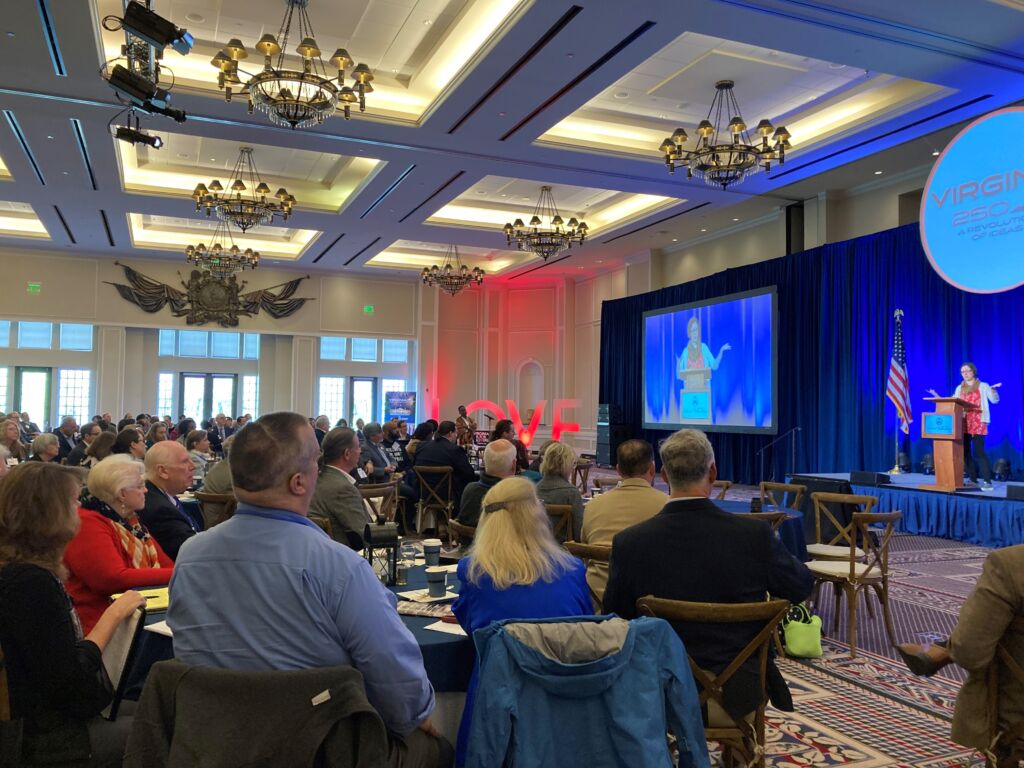 For the rest of the morning the summit was in the hands of researchers. Susie Wilkening presented her survey findings of how Americans with different cultural and ideological values see history, the founding era, and the potential in the Semiquincentennial. She compared two large groupings of people. A “traditional” cluster that is more enthusiastic and celebratory about the 250th and who will be expecting to honor the framers, emphasizing sacrifice and conformity as a part of patriotism. Second, there is a “neoteric” (i.e., “modern”) cluster that aligns on embracing differences and change and expects the 250th to be inclusive and not focused on just the Revolutionary era. A concept important to both groups was “freedom.” Wilkening’s incisive analysis about how these museum-goer values intersect with assumptions about history will help museums and historic sites to map out strategies for creating more effective commemoration activities.
For the rest of the morning the summit was in the hands of researchers. Susie Wilkening presented her survey findings of how Americans with different cultural and ideological values see history, the founding era, and the potential in the Semiquincentennial. She compared two large groupings of people. A “traditional” cluster that is more enthusiastic and celebratory about the 250th and who will be expecting to honor the framers, emphasizing sacrifice and conformity as a part of patriotism. Second, there is a “neoteric” (i.e., “modern”) cluster that aligns on embracing differences and change and expects the 250th to be inclusive and not focused on just the Revolutionary era. A concept important to both groups was “freedom.” Wilkening’s incisive analysis about how these museum-goer values intersect with assumptions about history will help museums and historic sites to map out strategies for creating more effective commemoration activities.
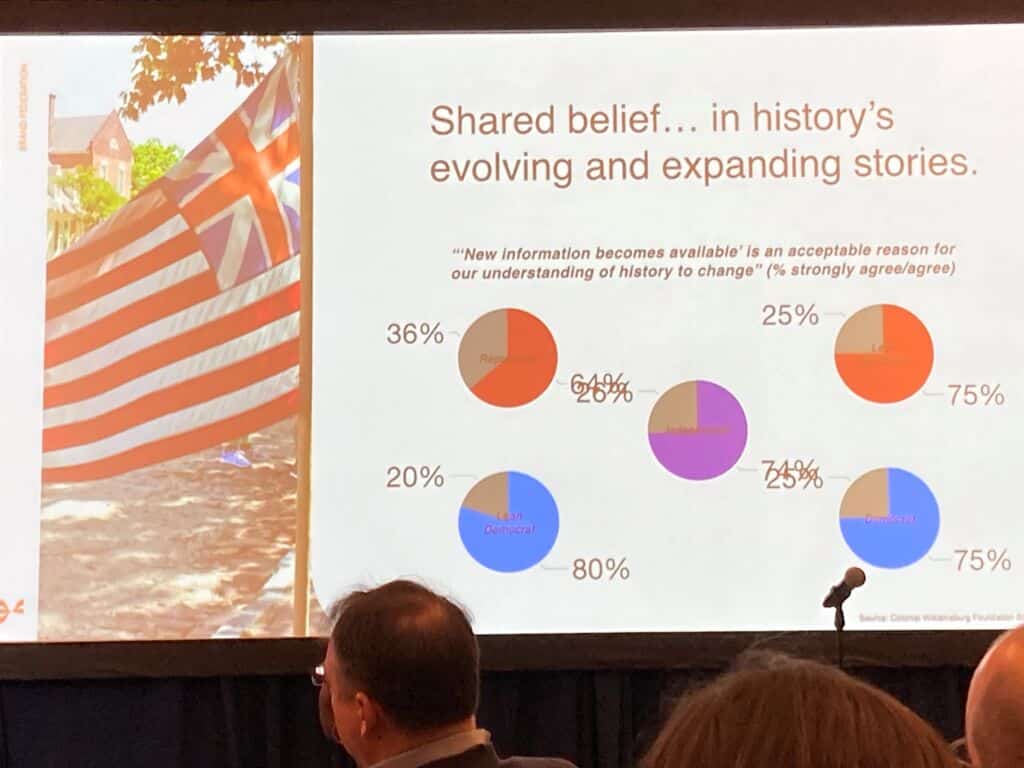 The second researcher was Matt Williams, a clinical professor of marketing at William and Mary University. Like Wilkening, Williams asked how history organizations can better understand the polarization that prevents people from fully engaging with history. While confirming that history is a hot button issue and that Americans are comfortable in their “info-bubbles,” Williams also had survey results revealing that the vast majority of Republicans and Democrats and those who lean in those directions agree about the “power and importance of accuracy” in history, that our understanding of history should change as “new information becomes available,” and that it is very important for history to make us more “curious,” “inspired,” “connected,” and “motivated.” Williams ended by emphasizing how much visitors want to know the “stories behind the stories,” that is, the details of the research process and of how our understanding of history evolves. This echoes the public history movement’s precept of lifting the curtain on the historical process. It also happens to be the fifth theme of the AASLH 250th Field Guide, “Doing History,” an encouragement to invite our audiences to understand and participate in the processes of history making.
The second researcher was Matt Williams, a clinical professor of marketing at William and Mary University. Like Wilkening, Williams asked how history organizations can better understand the polarization that prevents people from fully engaging with history. While confirming that history is a hot button issue and that Americans are comfortable in their “info-bubbles,” Williams also had survey results revealing that the vast majority of Republicans and Democrats and those who lean in those directions agree about the “power and importance of accuracy” in history, that our understanding of history should change as “new information becomes available,” and that it is very important for history to make us more “curious,” “inspired,” “connected,” and “motivated.” Williams ended by emphasizing how much visitors want to know the “stories behind the stories,” that is, the details of the research process and of how our understanding of history evolves. This echoes the public history movement’s precept of lifting the curtain on the historical process. It also happens to be the fifth theme of the AASLH 250th Field Guide, “Doing History,” an encouragement to invite our audiences to understand and participate in the processes of history making.
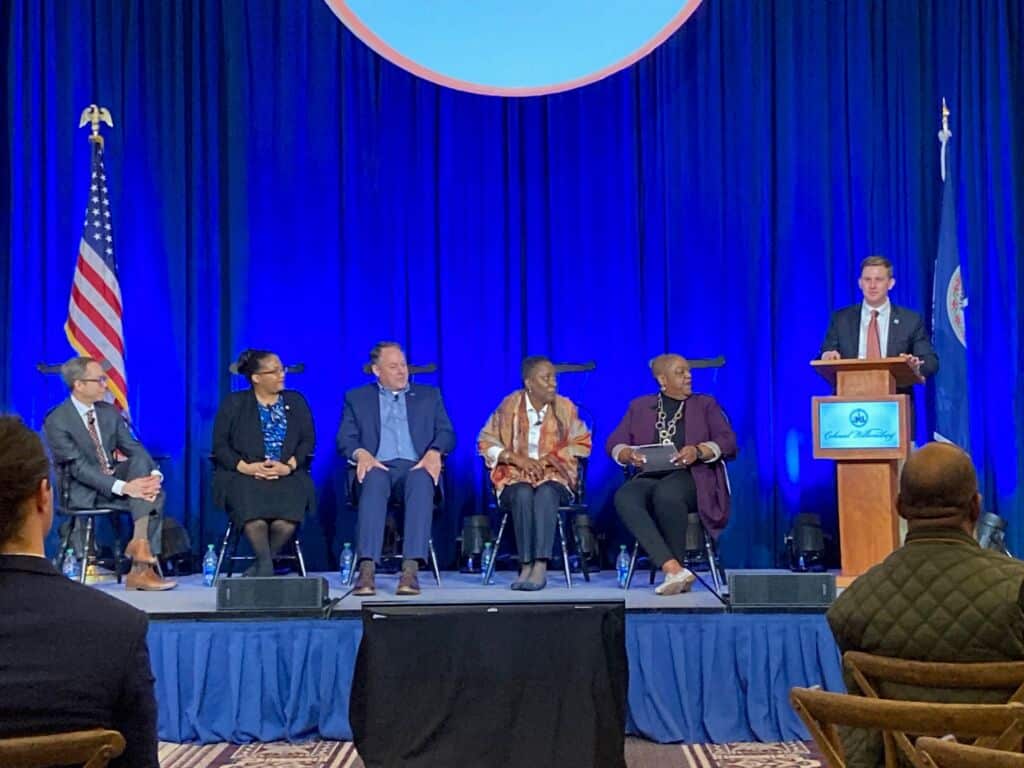 A panel discussion on inclusive community engagement practices was next. Jamestown-Yorktown Foundation Director (and AASLH Council Vice Chair) Christy Coleman, National Civil Rights Museum Director of interpretation, Collections, and Education (and AASLH 2023 Program Cochair) Noelle Trent, Revolutionary Spaces President and CEO Nat Sheidley, and Museum of the American Revolution President and CEO Scott Stephenson laid out many of the challenges that history organizations face in building relationships with members of marginalized communities.
A panel discussion on inclusive community engagement practices was next. Jamestown-Yorktown Foundation Director (and AASLH Council Vice Chair) Christy Coleman, National Civil Rights Museum Director of interpretation, Collections, and Education (and AASLH 2023 Program Cochair) Noelle Trent, Revolutionary Spaces President and CEO Nat Sheidley, and Museum of the American Revolution President and CEO Scott Stephenson laid out many of the challenges that history organizations face in building relationships with members of marginalized communities.
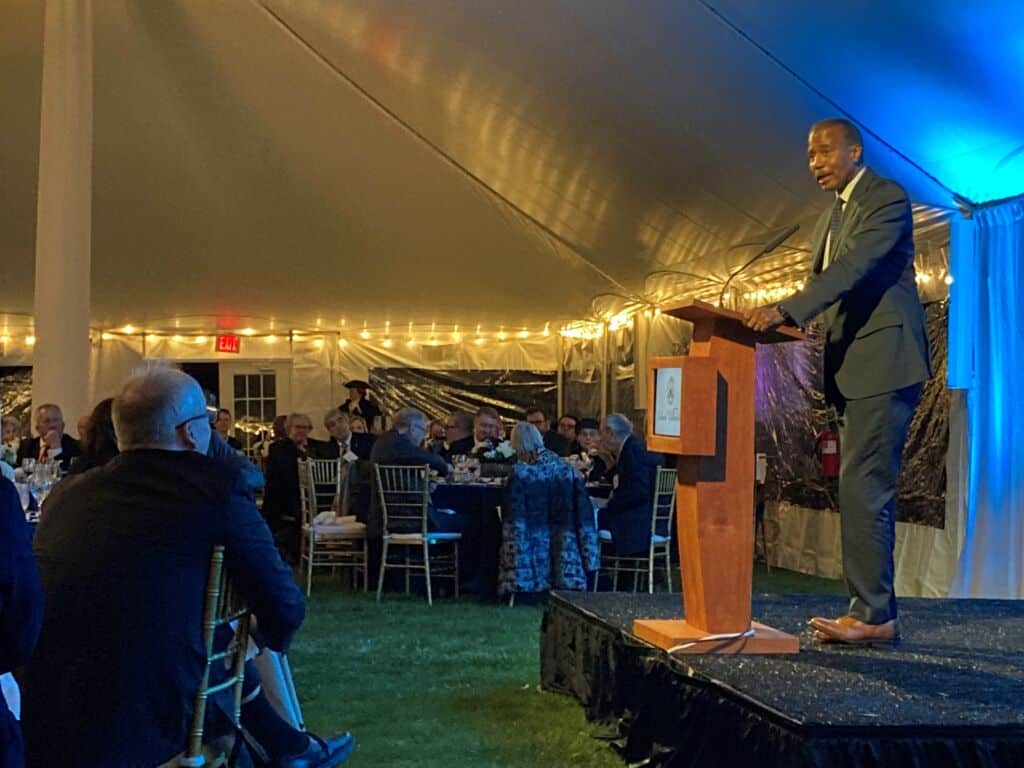 Closing the first day was a dinner at Colonial Williamsburg’s Governor’s Palace at which was announced a $1 million contribution from Dominion Energy to VA250. Pulitzer Prize-winning author and historian Stacy Schiff spoke about the history of Virginia’s Committee of Correspondence forming in the context of the colonies’ independence movement. Veteran CBS News correspondent Bill Whitaker delivered an autobiographical argument for history as a bulwark of democracy and justice, thereby underscoring the critical importance of getting the 250th right.
Closing the first day was a dinner at Colonial Williamsburg’s Governor’s Palace at which was announced a $1 million contribution from Dominion Energy to VA250. Pulitzer Prize-winning author and historian Stacy Schiff spoke about the history of Virginia’s Committee of Correspondence forming in the context of the colonies’ independence movement. Veteran CBS News correspondent Bill Whitaker delivered an autobiographical argument for history as a bulwark of democracy and justice, thereby underscoring the critical importance of getting the 250th right.
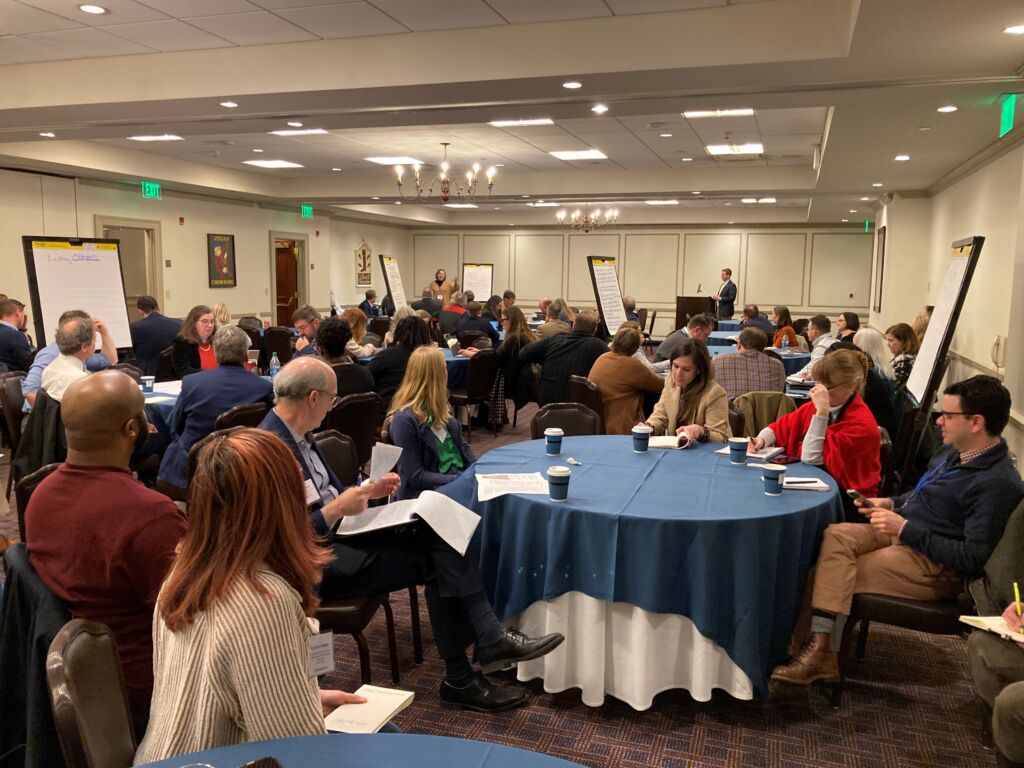 On the final day of the summit the numerous Virginia delegates convened to discuss plans for VA250. Sixty or so representatives of other states gathered in a separate room to compare how their respective plans were coming into shape. A good number of the representatives were people already connected in conversation about the 250th either through AASLH’s state 250 commissions network or AASLH’s State Historical Administrators Meeting.
On the final day of the summit the numerous Virginia delegates convened to discuss plans for VA250. Sixty or so representatives of other states gathered in a separate room to compare how their respective plans were coming into shape. A good number of the representatives were people already connected in conversation about the 250th either through AASLH’s state 250 commissions network or AASLH’s State Historical Administrators Meeting.
The remainder of the summit involved a few more speakers. Jeff Rosen, President and CEO of the National Constitution Center, shared his intellectual journey to understand Benjamin Franklin’s, Thomas Jefferson’s, and George Washington’s obsession with pursuing happiness through moral virtue. For a democratic republic, as for the individual, true happiness requires self-discipline. Former Supreme Court Justice Anthony Kennedy helped bring the event to a close by reflecting on history, justice, and the American legal system.
Finally, all 300 summit participants processed through the streets of Colonial Williamsburg to gather for a closing ceremony at Raleigh Tavern, the site where Virginia’s Committee of Correspondence met 250 years ago to the day, on March 12, 1773. Before heading home, the participants—and this being Colonial Williamsburg, the many tourists who joined us—applauded the closing resolution that was read out loud. It called “on all Americans to embrace this historic moment—unique in our lifetimes—and to act upon it by renewing our commitment to the unfinished pursuit of a more perfect Union.”
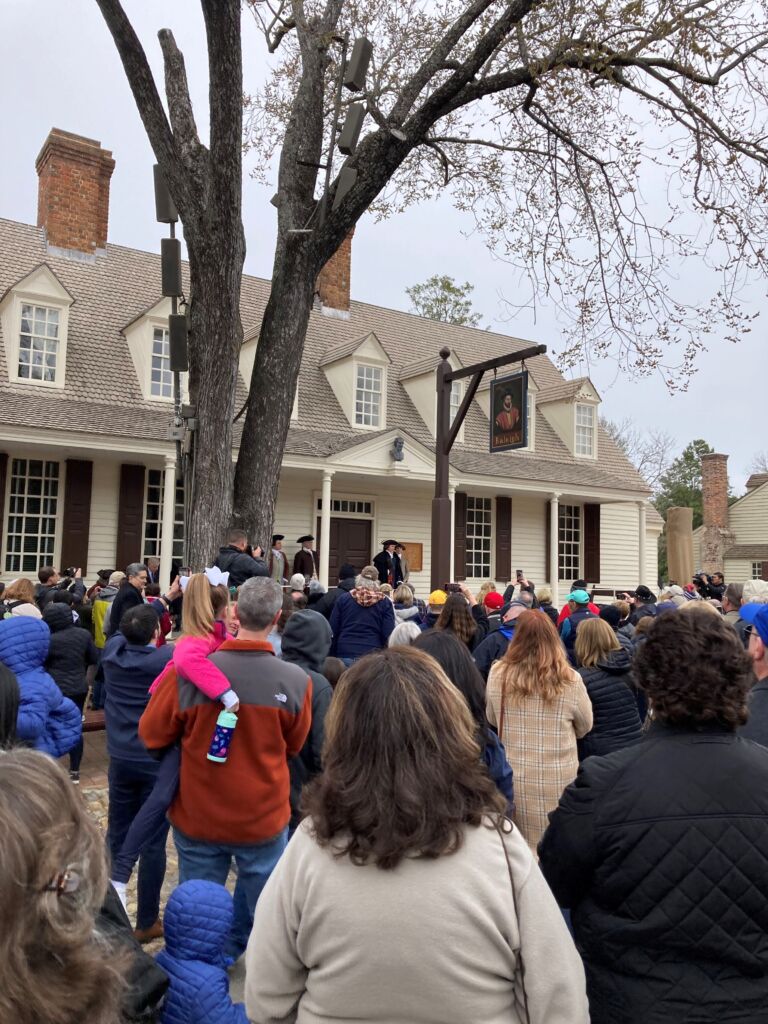
Photo of John Dichtl (third from top) courtesy of Foxborough Media.



